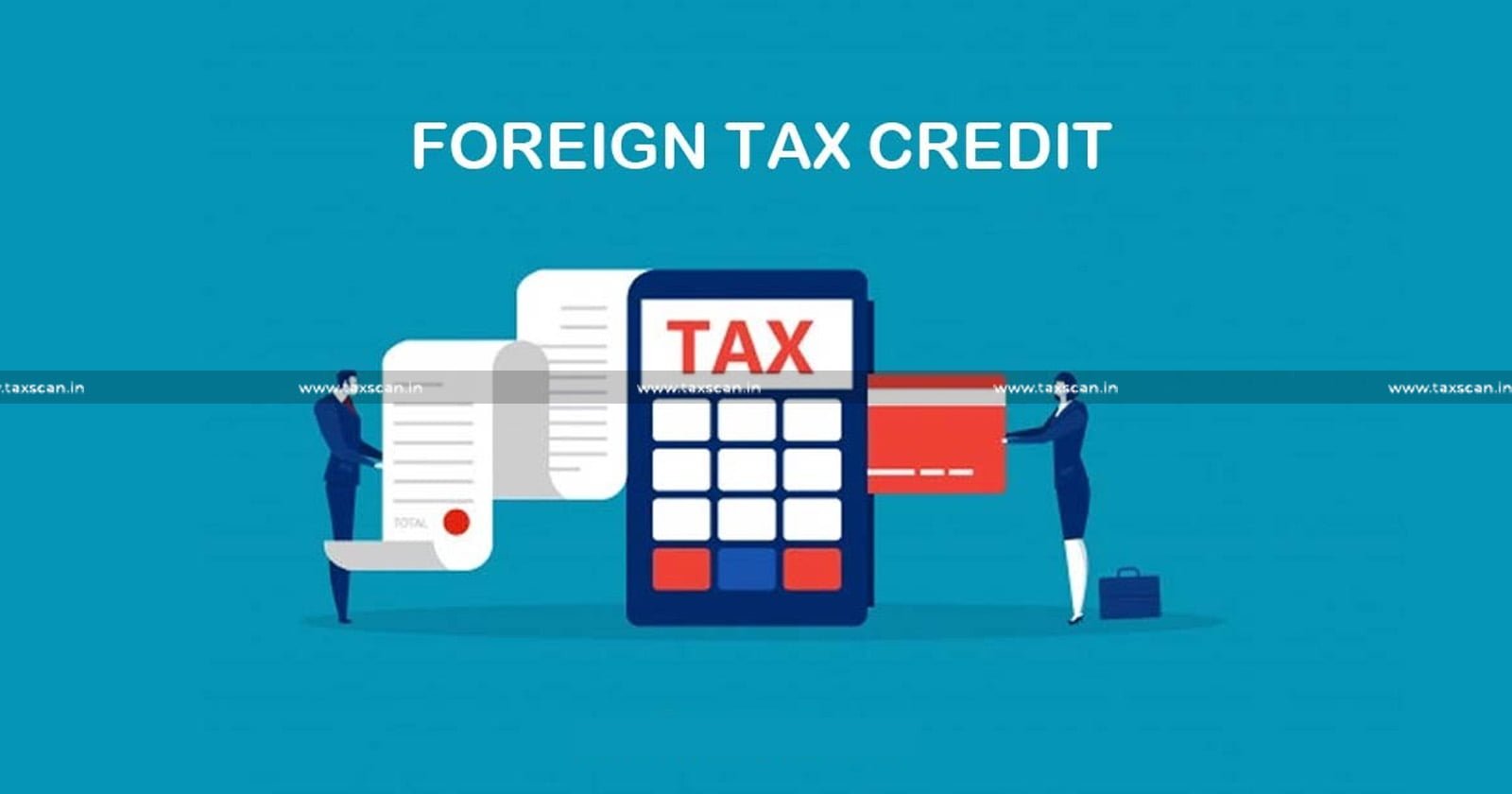ITAT Allows Foreign Tax Credit Despite Delay in Filing Form 67, Says Compliance is Directory and Not Mandatory [Read Order]
The ITAT Kolkata held that the requirement to file Form 67 within the due date under Section 139(1) is directory and not mandatory
![ITAT Allows Foreign Tax Credit Despite Delay in Filing Form 67, Says Compliance is Directory and Not Mandatory [Read Order] ITAT Allows Foreign Tax Credit Despite Delay in Filing Form 67, Says Compliance is Directory and Not Mandatory [Read Order]](https://images.taxscan.in/h-upload/2025/06/26/2054616-itat-foreign-tax-credit-taxscan.webp)
The Kolkata Bench of the Income Tax Appellate Tribunal (ITAT) has recently allowed a Foreign Tax Credit (FTC) to an assessee, despite a delay in filing Form 67, holding that procedural lapses cannot extinguish substantive rights.
The appeal was filed by Timirbaran Mazumder, a resident individual who had claimed credit of ₹14.35 lakhs for taxes paid in the United States, under Section 90/90A of the Income Tax Act, 1961, read with the India-USA DTAA. The dispute arose from an intimation order passed under Section 143(1) for the Assessment Year 2018–19, where the Centralised Processing Centre (CPC) denied the FTC solely on the grounds of late filing of Form 67.
How to Audit Public Charitable Trusts under the Income Tax Act Click Here
The assessee had filed his return of income on March 29, 2019, beyond the due date under Section 139(1), but within the extended deadline permitted under Section 139(4). Alongside the return, he also submitted Form 67, which disclosed his foreign income and taxes paid abroad. While processing the return under Section 143(1), the CPC refused to grant FTC, leading to a demand of over ₹20 lakhs. A rectification application filed by the assessee was also rejected.
 Also Read:Delay in Filing of Form 67 not ground to Deny Relief u/s 90 of Income Tax: ITAT [Read Order]
Also Read:Delay in Filing of Form 67 not ground to Deny Relief u/s 90 of Income Tax: ITAT [Read Order]
Aggrieved by this, the assessee approached the Commissioner of Income Tax (Appeals) [CIT(A)], who upheld the denial of FTC. The CIT(A) ruled that Form 67 must be filed within the due date under Section 139(1) and held the requirement to be mandatory, not directory. The Authorised Representative (AR) of the assessee strongly argued that Rule 128(9) of the Income Tax Rules, which prescribes the timeline for filing Form 67, is procedural and cannot override the substantive right granted under the DTAA. He relied on several judicial precedents, such as Debanjan Chatterjee vs DDIT and Engineering Analysis Centre of Excellence Pvt. Ltd, to prove this point. The department representative (DR) stood by the findings of the lower authorities and emphasised strict compliance with procedural rules.
After examining the submissions and relevant jurisprudence presented by the parties, the Bench comprising George Mathan (Judicial Member) and Rakesh Mishra (Accountant Member) delivered a detailed ruling in favour of the assessee.
The Tribunal held that the filing of Form 67 is not mandatory and cannot be a basis to deny FTC, especially when the return itself was validly filed under Section 139(4). It was also held that rule 128(9) does not expressly state that failure to file Form 67 within the due date would result in the denial of FTC. The tribunal asserted that the DTAA provisions, particularly Article 25 of the India-USA treaty, override the procedural stipulations in the Income Tax Rules, and that the right to claim FTC is a vested, substantive right that a mere procedural lapse cannot defeat.
 Also Read:Form 67 Deemed Directory, Not Mandatory: ITAT Rules FTC Claim Should Not Be Denied for Late Submission [Read Order]
Also Read:Form 67 Deemed Directory, Not Mandatory: ITAT Rules FTC Claim Should Not Be Denied for Late Submission [Read Order]
The Tribunal referred to various ITAT and High Court rulings, like Duraiswamy Kumaraswamy v. PCIT. It concluded that procedural compliance should not hinder tax justice when the substantive entitlement is unambiguous. The Tribunal directed the Assessing Officer to allow the FTC by law and the DTAA between India and the USA. Grounds 1 to 3 were allowed, and the remaining grounds, being general or consequential, were not separately adjudicated. As a result, the assessee's appeal was allowed.
Step by Step Guide of Preparing Company Balance Sheet and Profit & Loss Account Click Here
Support our journalism by subscribing to Taxscanpremium. Follow us on Telegram for quick updates


